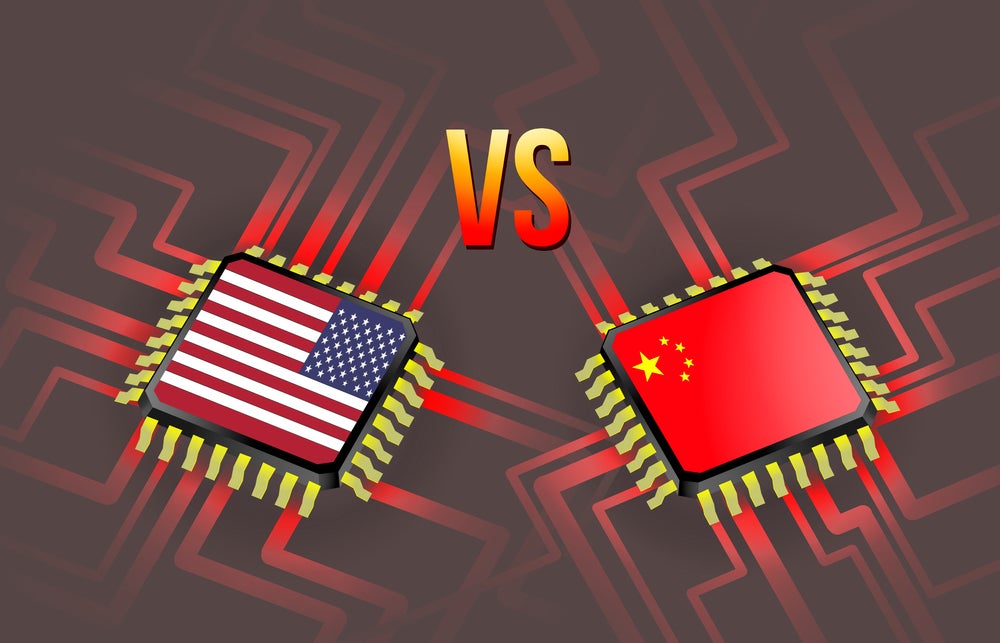
Businesses are increasingly looking to shield themselves from the negative impacts of Brexit, and blockchain may be the solution, with over half looking for a Brexit blockchain boost.
Research from Nexus has found that 51% of decision makers in large and medium-sized businesses are planning to use blockchain to help manage the negative impacts of Brexit.
In particular, businesses are turning to blockchain to minimize risks and lower operating costs, allowing them to run more efficiently and safely at a time when businesses fear changing regulations and a potential recession could harm business interests.
In particular, 33% of companies plan to use blockchain to tackle fraud, while 18% plan to use it to keep pace with innovation – a key concern for post-Brexit Britain.
For 11% cutting costs was central to their post-Brexit blockchain use, while 10% are looking to implement the technology for supply chain management.
“With Brexit on the horizon, it’s abundantly clear that many companies are planning to boost use of blockchain technology to reduce risk and create a more accountable working environment,” said Alex El-Nemer, director at Nexus.
“The research also indicates that company leaders see blockchain as a vital tool in preparing for a potentially uncertain economic climate next year.”
Could Brexit blockchain tackle the Irish border issue?
One Brexit-related area that blockchain has already been linked to is the Irish border, with Chancellor Philip Hammond proposing its use as a tech-savvy alternative to a hard border.
However, business decision makers remain utterly unconvinced about this proposal, with 62% saying they do not think the ideal will solve the problem.
“It’s clear that UK business leaders are far from convinced that blockchain will help solve the Irish border issue, despite the technology offering a digital solution to a politically complex problem,” said El-Nemer.
“These findings underline the need for more policy detail about how the proposals might work in practice, in terms of practical application and enforcement, as well as the role the technology could play in avoiding a hard border.”
The research polled 200 decision makers at medium and large British businesses.







